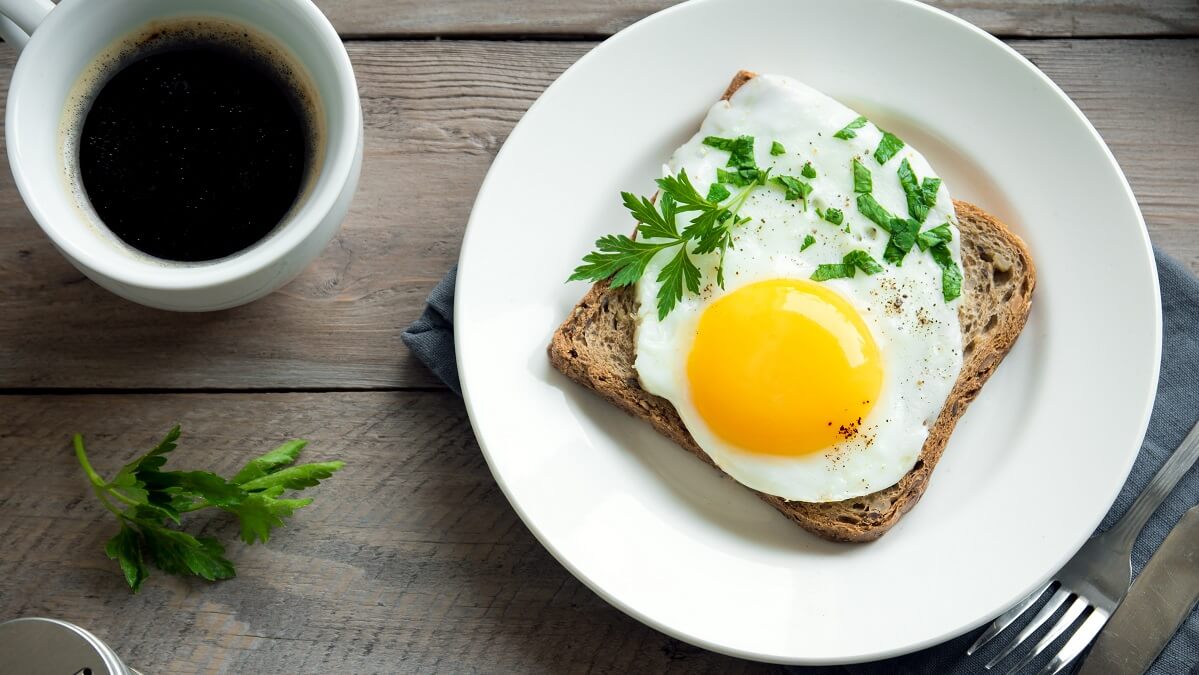Eggs are a staple in many households and are a versatile ingredient used in various dishes worldwide.
However, not all eggs are created equal. Choosing the right eggs can be challenging.
Think about the last time you went to the supermarket and faced that wall of eggs. It can be confusing, and just a teensy bit intimidating.
And Australians love eggs. According to industry marketing body Australian Eggs, egg consumption is steadily increasing, up from 249 eggs per person in the 2020-21 financial to year to 262 in the 2021-22 financial year.
So how do you choose the right eggs that are not only good for you but also good for the planet?
The first step in choosing the right eggs is to understand the different types and labels.
Label talk
Australian Eggs has broken down some of the most common labels and what they mean:
Free range: these eggs come from hens that have access to the outdoors, allowing them to move around freely and exhibit natural behaviours. National free-range egg laws require hens to be free to roam and forage outside during daylight. The maximum outdoor stocking density by law is one hen per square metre, or 10,000 hens per hectare,
Bard laid or cage free: these eggs come from hens that are not kept in cages but are usually confined to a barn or large, climate-controlled shed where they can roam freely.
Organic: these eggs come from hens that have been fed organic feed and are not treated with antibiotics or hormones. There are only a relatively small amount of eggs that are certified organic.
Pasture raised: these eggs come from hens that spend most of their time outdoors, foraging for their food but are also fed grain.
Cage eggs: eggs are laid from chickens in large, climate-controlled sheds.
Vegetarian Eggs: eggs marketed as vegetarian come from hens that are exclusively fed a plant-based diet.
Omega-3 enriched eggs: some farms choose to add small amounts of fish oil and oilseed supplements to the hens’ diet to produce eggs with higher levels of omega-3.
RSPCA approved eggs: a voluntary standard that egg farms can apply to participate in. Under it, farms are audited according to the RSPCA’s standards on indoor and outdoor systems for hens.
Hormone-free eggs: no hormones are used in the egg industry and all eggs are hormone free.
Farm fresh eggs: this is a marketing term used to emphasise the freshness of the eggs. It is not a farming system.
If the hens spend time outside, there should be a stocking density on the packaging, as well the weight, and ‘best before’ date.
Eggsellent choice
It’s up to you which egg to choose, but there can be several factors that may influence your choice.
Environmentally responsible farming advocacy group Sustainable Table recommends choosing eggs that come from hens that are treated humanely.
This means eggs from farms that provide their hens with adequate space to move around and access to fresh water and food. They are able to engage in natural behaviours such as pecking, clucking and just generally wandering about.
Another consideration is the impact of egg production on the environment.
Industrial egg production can generate large amounts of waste and pollution. Therefore, choosing eggs from farms that prioritise sustainable practices can help reduce the environmental impact of egg production.
Eggs directly from a local farm or farmers market can ensure the eggs are fresh and have not been transported long distances. It also gives the ‘little guys’ a bit of a leg up over the larger egg producers.
However, if you are on a budget, cage eggs are often cheaper, for a quick and easy source of protein.
And while cage eggs have a bad reputation, animal welfare standards have come a long way in the past few years, vastly improving cage hen living standards.
Do you have a preferred egg from the supermarket? Does price influence your choice? Why not share your opinion in the comments section below?
Also read: How many eggs should you eat each week?

